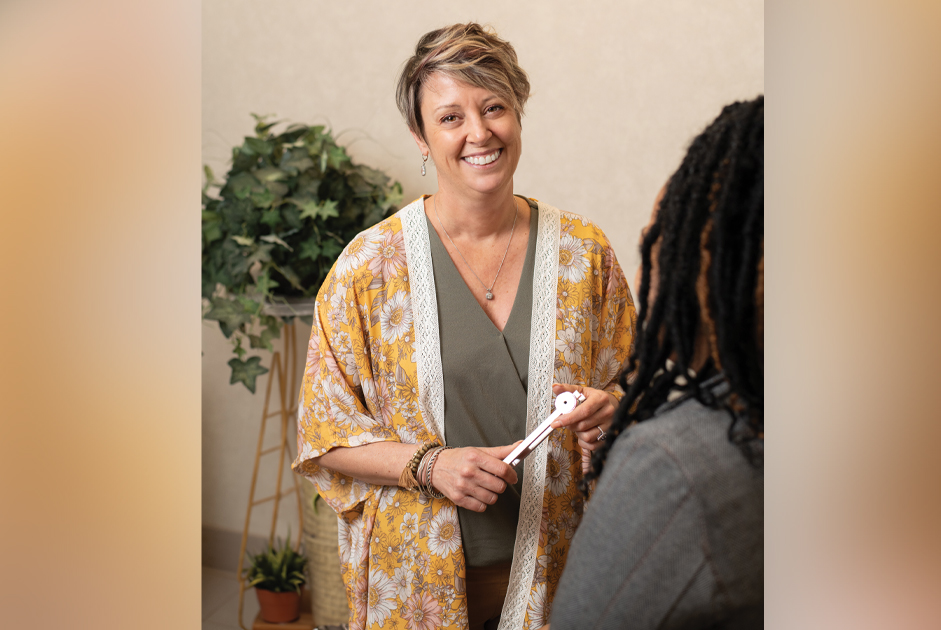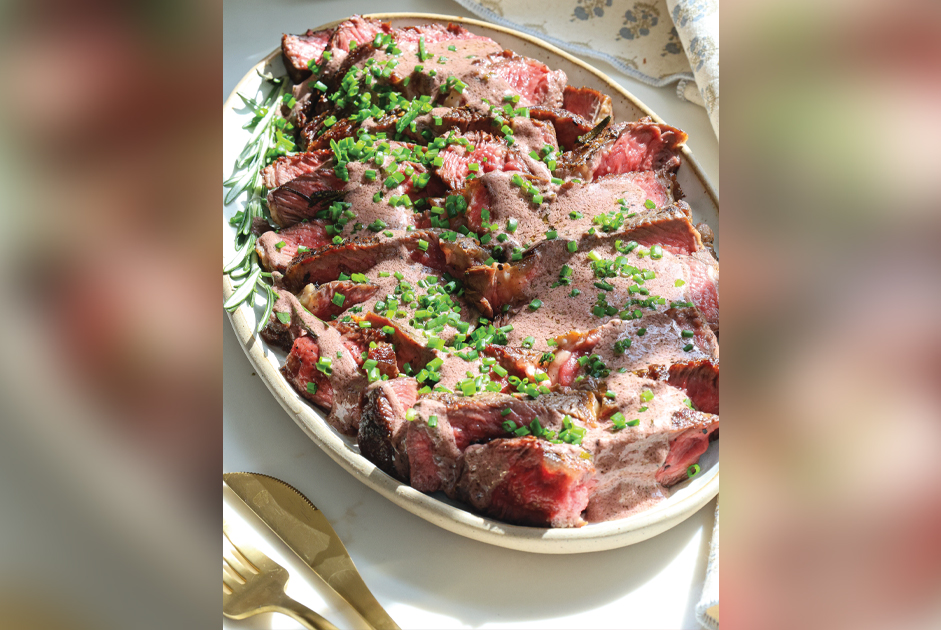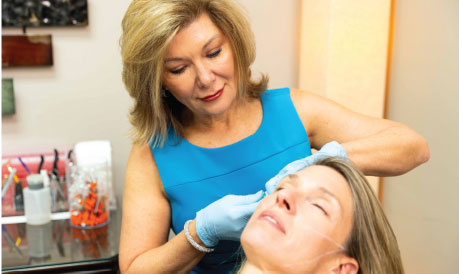A woman’s change of life begins with the medical term, perimenopause, which is defined as a transitional time leading to menopause. While the symptoms of frequent forgetfulness and occasional headaches are annoying, the significant awareness of incontinence, the body’s elevated temperature, and vaginal dryness have been identified as uncomfortable and embarrassing. Women will discover the years leading to menopause will be similar to the days of puberty. Few are willing to open the conversation to reveal personal experiences and to admit to discomfort or challenges. How else can we prepare ourselves and discover how to relieve the list of symptoms without conversation? An article on the subject may help; yet, it is essential to reach out to the women in your family, as well as good friends, who will openly talk and share not only experiences, but solutions. Together we can help each other not feel daunted by expected, and unexpected, symptoms.
Recognize a Diet
Hormonal changes are one aspect, but not the critical factor, in the arrival of fat around the abdomen, hips, and thighs. By the age of 40, muscle mass begins to decrease. Without a diet of healthy eating habits and exercise, the body will continue to increase in weight. One solution is to understand the value particular foods and ingredients have on the body.
- Foods within the low glycemic category, defined as fruits, and vegetables, can protect against cancers and heart disease, and control mood swings.
- Intake high levels of calcium, such as low-fat dairy, to maintain bone density; otherwise, consider taking a calcium supplement.
- Consume lean red meat, poultry, fish, eggs, nuts, and leafy green vegetables to increase iron levels.
- Drink plenty of water. To suppress hunger pains and encourage hydration, drink chilled water infused with cucumber slices.
- Plant-based foods contain isoflavones, which function similar to a weakened form of estrogen, ease hot flashes and night sweats, and can lower cholesterol levels. Additionally, include soy in your diet.
- Reduce or try and eliminate salt, saturated fats, and stimulants such as coffee, tea, and alcohol, which will increase weight.
In addition to reading labels to ensure you are choosing the right foods for your diet, maintain a schedule of eating to eliminate poor eating habits.
Exercise
For years, the excuse of not joining an aerobic, yoga, or swim class or accepting the offer to walk or ride bikes can now be at the top of your list. A ritual of exercise for 45 minutes a day is vital for keeping weight under control.
Tip: Jotting notes in a spiral notebook of daily eating habits or newly tried recipes along with the type of exercise can be a visual form of motivation.
Tip: Walking and cycling are two excellent activities that promote wellbeing, especially if engaged with a friend or small group. Keep a routine to ensure the momentumcontinues.
Sleeping and Night Sweats
Experts claim the magic number is the age 51; however, as women arrive closer to menopause, a lack of sleep due to waking up drenched may take a toll on a woman’s wellbeing. It may cause moodiness, the inability to concentrate, and increased stress levels.
Solutions: While medications are available, such as the natural sleep aid supplement, melatonin, 10mg, other solutions are practicing breathing, meditation or yoga exercises in the evenings, drinking sage tea before bed, sleeping with a cool-mist humidifier or ceiling fan.
Skin, Hair, and Vaginal Dryness
As estrogen decreases, a noticeable symptom will be a change in the body’s ability to lubricate and moisturize the skin and hair. Wrinkles may become more apparent, and the hair follicles can fall out or change texture and become dry and brittle. With a decrease of lubrication, vaginal dryness can halt sexual intimacy due to pain and discomfort. A gynecologist can make recommendations or prescribe a medication, or women can choose to use over the counter lubricants.
Open Conversations
Talking openly about personal experiences can be a form of empowerment and build closeness among women, and especially the significant other or spouse in your life. Humor may arrive to explain the embarrassment during urinary incontinence, night sweats, and difficulties in sleeping and forgetfulness. While the journey through this change of life is challenging, it does not have to be experienced alone!






















